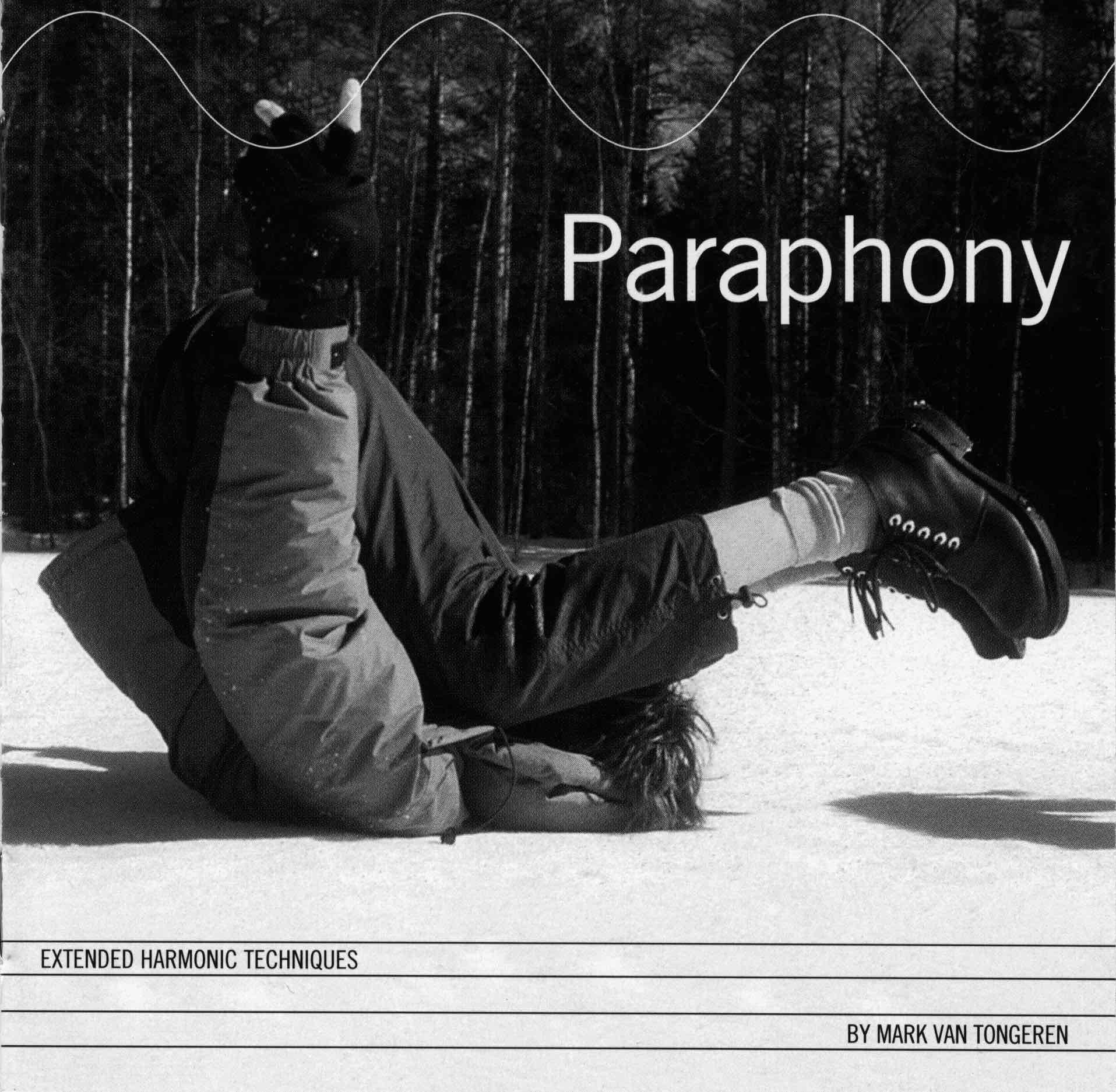Are you learning overtone singing or throat singing, or working on the specifics of vocal timbre, and looking for a tailored, personal guidance to bring your skill to the next level?
Everyone’s voice is unique, that is why I offer 1-on-1 online voice lessons which focus on the unique qualities and problems of your voice, focused on bringing out your full potential in a learning path that serves your needs.
The aim of these classes is to let you have …
confidence in integrating overtone singing into your creative practice
increase resonance in your natural voice
authenticity in your vocal expression
clarity on the unique paths for vocal exploration
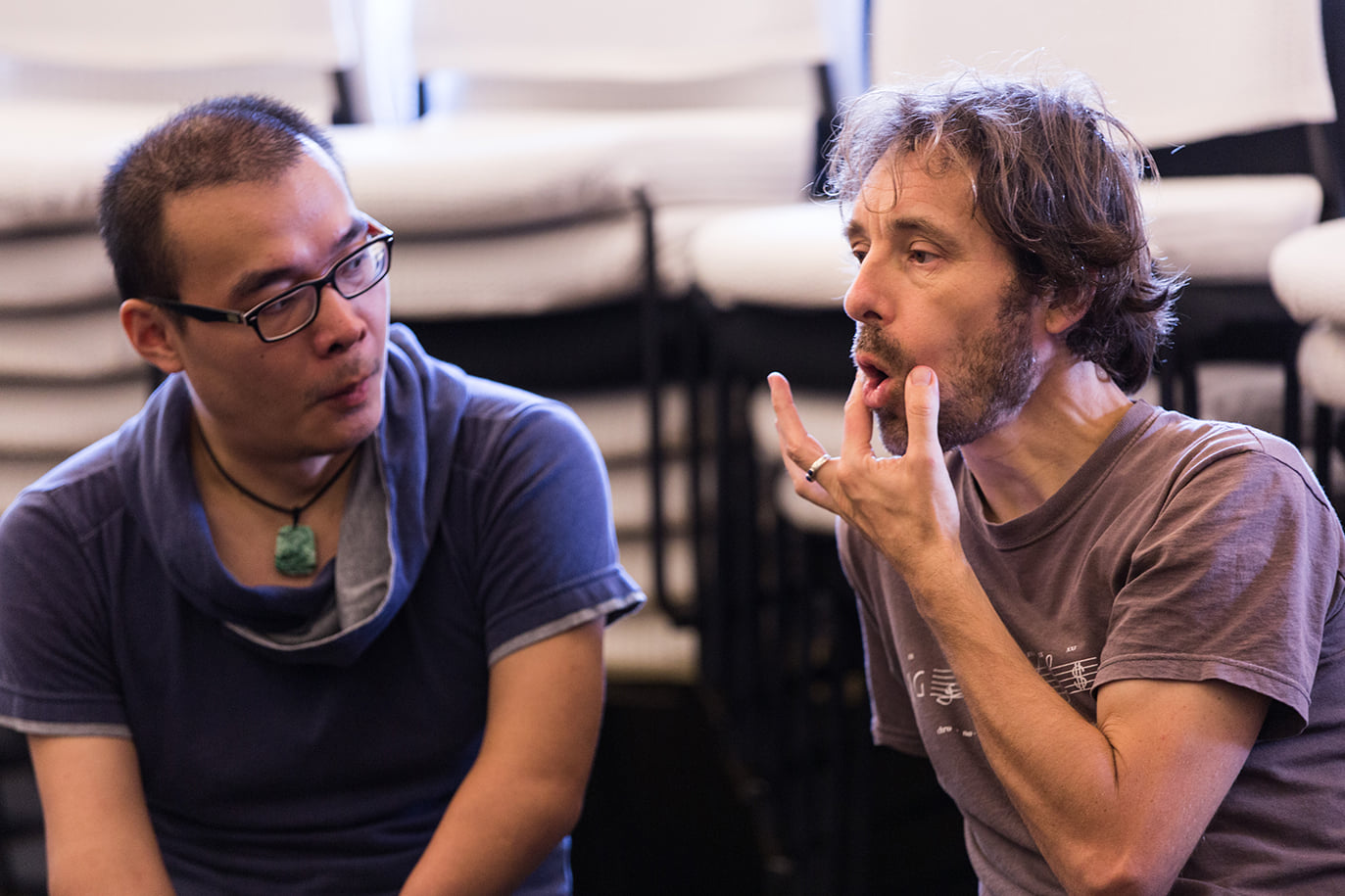
For you as an overtone singing learner, I will
· help you out with any technical questions about styles and techniques
· help you expand your vocal possibilities using overtones and resonance
· freeing up space in your voice for more authentic singing and chanting
· identify and remove obstacles in the body-speech-mind-system
· suggest new paths for vocal exploration based on your natural voice
INSPIRATIONS
The voice is one of the most interesting tools that most humans posses. It serves us so smoothly that much of the operations happen unconsciously. Overtones are the most striking example, but not the only one. My life’s work is to explore and expand the possibilities of the human voice, using a performance, academic research and teaching. In my online classes I share the practical experiences and/or theoretical fundamentals of my work, applied to speech and song, to traditional techniques, to radical experimentation, and to contemplative/meditative practices.
‘EXTENDED HARMONIC TECHNIQUES’
AND OTHER GENRE-BENDING APPROACHES
My self-taught practice of vocal styles from all over the world is grounded in a teenager’s curiosity to imitate the synths and instruments of Herbie Hancock and the Headhunters with my voice, and my ethnomusicology training at the Jaap Kunst Center of the University of Amsterdam. From the start, I could not accept the limitations and taboos you will often hear from classically trained singers: I tried and tested hundreds of vocal techniques from anytime and any continent in artistic projects which cover, besides Western-style overtone singing, vocal styles from European or Indian art music, Tuvan throat singing, rock, jazz, world music, beats, rhythms and noises.
My ‘extended harmonic techniques’-approach starts from very subtle play with timbres and expands into many techniques of overtone singing. For these, I teach seven basic overtone singing techniques, as outlined in my Overtone Singing book: 1-cavity ‘gong’ technique, 2-cavities L/R techniques, the vowel technique, and Tuvan sygyt, khöömei and kargyraa. Whether you are interested in refining a European-style ‘classical’ vocal delivery, discovering the complicated mechanisms of a traditional style or wonder about your unique experimental vocal registers, we start from there.

PATHWAYS
What would best describe your practise and experience?
Below are two examples of things we do in typical classes based on working with overtones.

Feel free to inquire with specific requests:
questions about unique sounds no one but you seems to make,
pieces you are working on,
get rid of a blockage / lack of resonance,
expanding your overall timbre, etcetera.
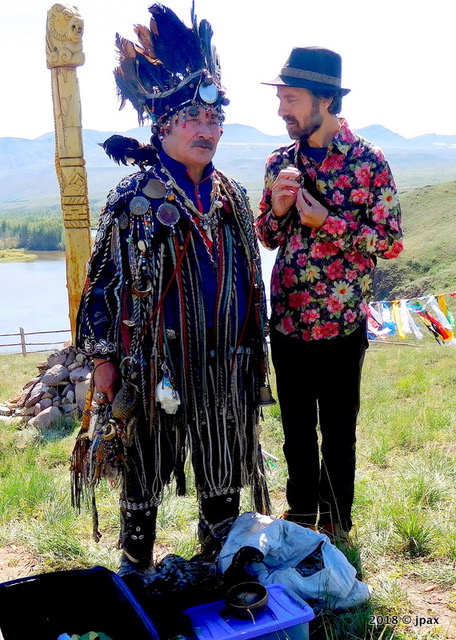
Attending a khöömei ceremony in Tuva with the shaman Lazo Mongush (1950-2023; Photo copyright J Pax)
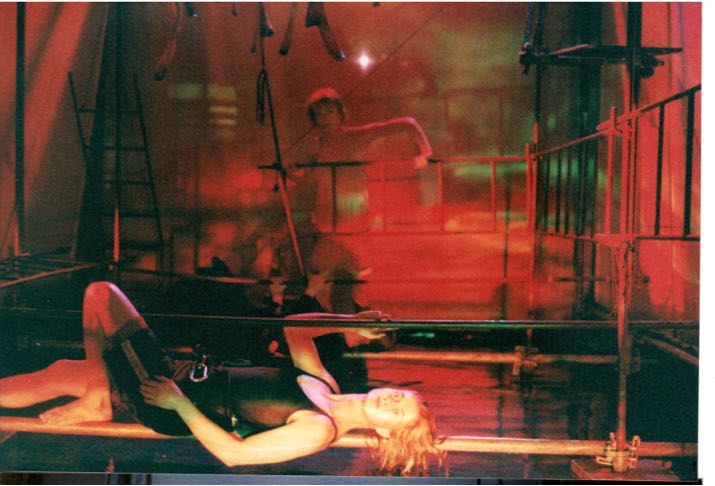
Exploring alternative dimensions of space, time and sound in Een Kaar in de Graansilo, Silo Theater, Festival De Parade, 1995 (photo Ania Harre)
PRICING
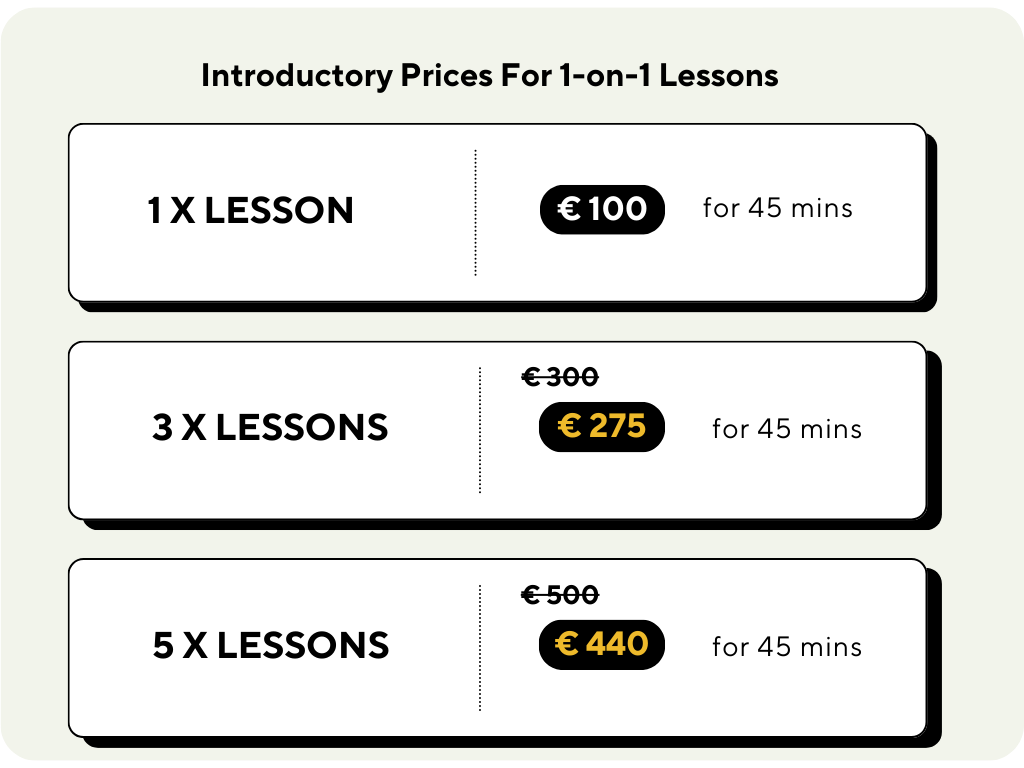
Free 15 mins Consultation Call
In the 15-minute free consultation call, you can tell me your needs or discuss a goal, we will estimate how many lessons might be needed, and we’ll do a tech check for sound and video.
Your Next Step
1) Book a free call: Then you can either schedule your class directly during the call, or decide later – we will email you with a reminder.
Click here to schedule your call.
2) Book a lesson: schedule an appointment via email , and we will send you a payment instruction for the chosen number of classes. The time slots beneath is Taipei Standard Time (GMT+8). Get in touch by mail if these time slots do not suit your schedule.
Click here to book a lesson or ask for more options.
Class duration: 45 minutes each.

FAQ
What is the technical requirement for an online lesson?
A computer with good WiFi connection. I use Jitsi Meet for one-on-one classes, for those who care about fair and 100% anonymous communication using the web. You will have the possibility to record the class yourself and keep the file on your computer.
What is a body-speech-mind-system?
The idea that our vocal sound cannot be seen as separate from the physical process that causes the sound vibrations, or the mental processes that steer those physical processes. Also the idea that for good singing, all three unite in one inseparable flow or process. Though many singers experience this flow from time to time, it takes a lot of time, practise and research to achieve this, or to get to the place where you feel more or less content about each part of it. Having an external coach guide you with effective pointers can save a lot of time and energy.
How frequently shall I take the lesson?
If booking more than one class, one week between lessons is ideal, because of muscle memory and your ordinary memory remembering what it was all about the last time. It is up to you to book more or less frequent classes, according to your needs.
What is your refund and cancellation policy?
The free consultation meeting should prevent any serious disappointments. If the desired result is not achieved despite your best efforts, you can let us know so we can refund the fees for remaining classes minus some cost.
- 1-1 lesson requires 24 hours notice to cancel or to re-schedule.
- no refund will be applied to missed 1-1 lesson appointments and cancellations made with less than 24 hours notice.
- The lesson cannot be rendered if you arrive later than 30 minutes of the schedule appointment time, and that a missed appointment fee will apply.
What does extended harmonic techniques mean?
It is the sub-title of my 2001 solo album Paraphony, which was entirely based on a wide variety of overtone singing techniques. Besides several classical techniques thata are used by many singers in traditional Tuvan throat singing and European-style overtone singing, it expands into personal styles I had not heard from anyone before (and after, in some cases).
Listen to Paraphony. Extended Harmonic Techniques on Spotify
Listen to Paraphony. Extended Harmonic Techniques on Apple Music
